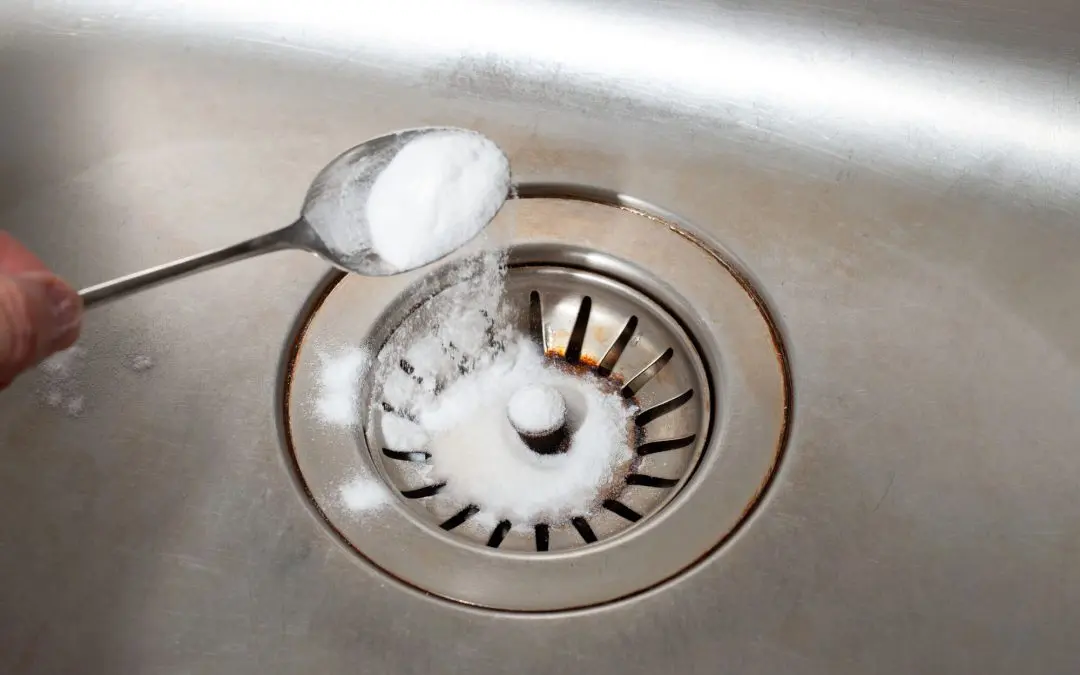Plumbing is one of those things most people don’t think about until something goes wrong. But a little routine maintenance can go a long way in preventing costly repairs and keeping everything running smoothly. Taking care of your plumbing doesn’t have to be complicated. With a few simple habits and occasional plumbing maintenance, you can avoid many common plumbing problems.
Watch for Leaks
Leaks are among the most common and costly plumbing issues. Even a slow drip can waste a significant amount of water and money over time. The good news is that catching leaks early is easy if you know what to look for. Check under sinks, around toilets, and near appliances like dishwashers and washing machines. If you notice any moisture, discoloration, or musty smells, you might have a leak.
A simple way to check for leaks in your home is to monitor your water meter. Turn off all faucets and appliances that use water, then check the meter. If it moves after an hour, there’s a good chance you have a hidden leak. Addressing leaks quickly can prevent water damage and save you from higher utility bills.
Keep Drains Clear
Clogged drains can quickly become a headache. The best way to avoid them is to be mindful of what goes down the drain. Grease, coffee grounds, and food scraps can build up in the kitchen sink and cause blockages. Hair and soap residue are common culprits in the bathroom. Using drain covers can help catch debris before it causes a problem.
If you do get a clog, avoid using chemical drain cleaners. They may offer a quick fix, but they can also damage your pipes over time. Instead, try a plunger or a drain snake to clear minor blockages. If that doesn’t work, it may be time to call a professional.
Maintain Your Water Heater
Your water heater works hard every day, and regular maintenance can extend its life and keep it running efficiently. One of the best things you can do is flush the tank at least once a year. Over time, sediment builds up inside, reducing efficiency and increasing the risk of damage. Draining a few gallons from the tank will help clear out the buildup and improve performance.
You should also check the temperature setting. Most manufacturers recommend keeping it at 120 degrees Fahrenheit. This is hot enough to prevent bacteria growth while reducing the risk of scalding and saving energy.
If your water heater is more than ten years old or showing signs of wear, such as rust-colored water or strange noises, it might be time to consider a replacement.
Test Your Water Pressure
Good water pressure makes everyday tasks like showering and washing dishes easier, but too much pressure can strain your pipes and fixtures. A pressure gauge, available at most hardware stores, can help you check your home’s water pressure. Ideally, it should be between 40 and 60 psi.
If your water pressure is too high, installing a pressure regulator can help. If you notice sudden drops in pressure, it could be a sign of a leak or other plumbing issue that needs attention.
Schedule Regular Inspections
Even if everything seems fine, it’s a good idea to have a professional inspect your plumbing system once a year. A plumber can catch small problems before they turn into expensive repairs and ensure your system is in good shape. Routine inspections can extend the life of your pipes, fixtures, and appliances, giving you peace of mind.
A little plumbing maintenance can go a long way in keeping your home’s system running smoothly. By staying proactive, you can prevent costly repairs and enjoy hassle-free plumbing year-round.
FAQs
How often should I check for leaks?
Checking for leaks every few months is a good habit. Pay extra attention if you notice higher water bills, damp spots, or unexplained mold growth.
What should I do if my drain keeps clogging?
If a drain clogs repeatedly, there may be a deeper issue in your plumbing. A plumber can inspect the pipes and clear out any buildup causing the blockage.
How can I tell if my water heater needs to be replaced?
Signs that your water heater may need replacing include rusty water, inconsistent temperatures, strange noises, and leaks. If it’s over ten years old, consider upgrading to a more efficient model.
Is it safe to use chemical drain cleaners?
Chemical drain cleaners can be harsh on your pipes and may cause damage over time. A plunger, drain snake, or a mix of baking soda and vinegar is a safer alternative.
What should I do if my pipes freeze?
Turn off the main water supply, then try to warm the pipe using a hairdryer or warm towels. If the pipe has burst, call a plumber right away.
Delta Home Inspection offers professional inspection services to homebuyers and sellers in Mobile and Baldwin Counties, Alabama. Contact us to schedule an appointment.
